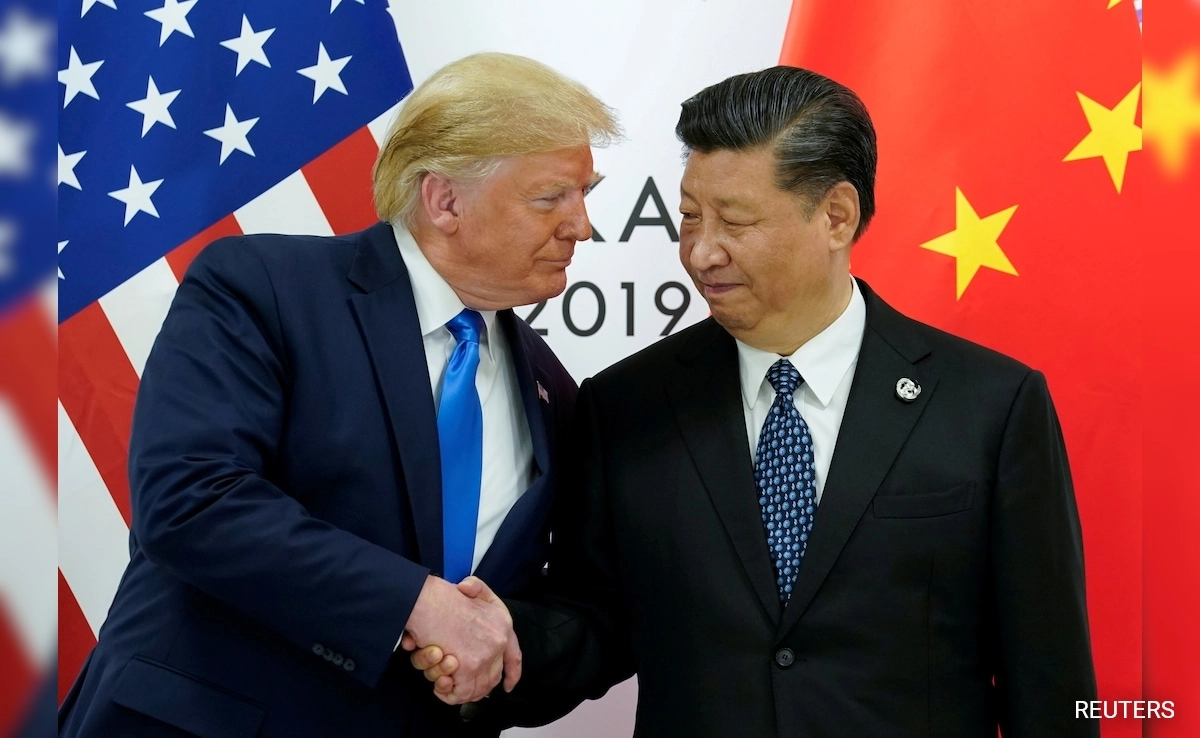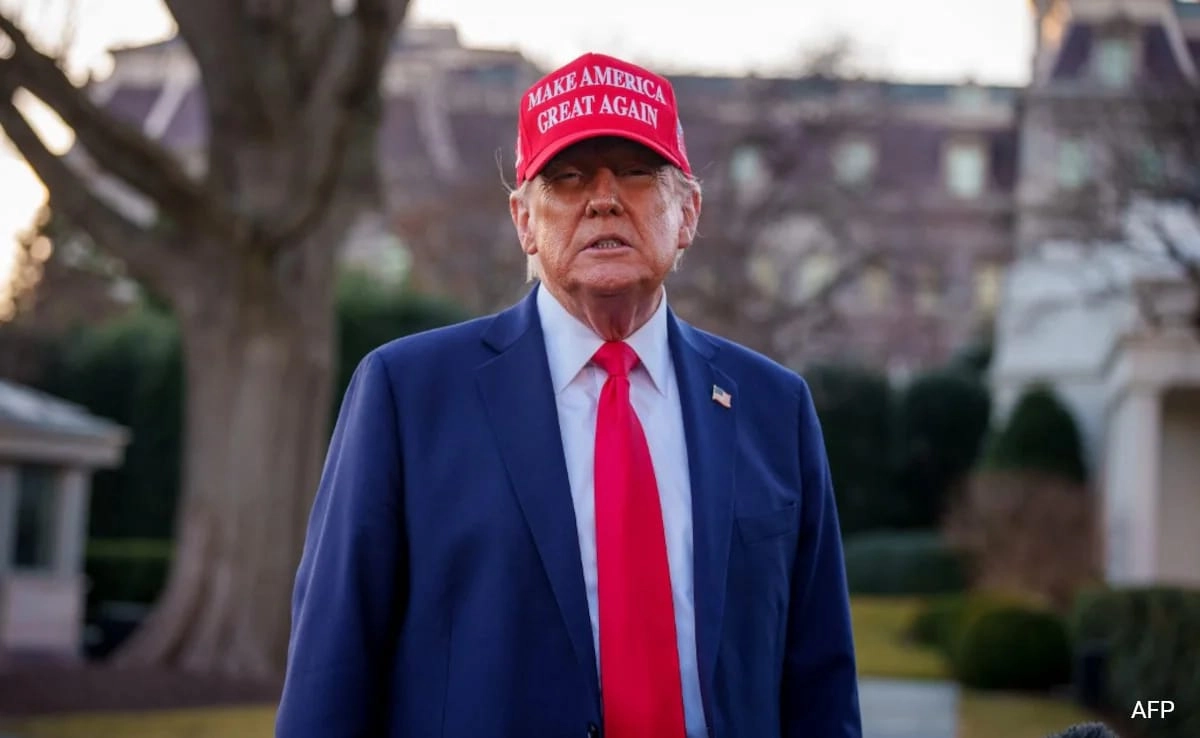In a recent report, it has been revealed that former President Donald Trump declined to provide military aid to Taiwan during critical negotiations with China over a trade deal. This decision appears to have been influenced by the broader context of U.S.-China relations at the time, as Trump sought to achieve a favorable agreement that would bolster his administration’s economic credentials. The implications of this choice are significant, as Taiwan has long been a focal point of tension between the United States and China. U.S. military support for Taiwan is viewed as essential in countering China’s growing assertiveness in the region, particularly in light of increasing military activities and rhetoric from Beijing regarding its claims over Taiwan.
The timing of Trump’s decision to withhold military assistance is particularly noteworthy. While the U.S. has historically supported Taiwan through arms sales and military cooperation, Trump’s administration seemed to prioritize economic negotiations over security commitments. This approach raised concerns among U.S. allies and Taiwan itself, as it suggested a potential shift in U.S. policy that might embolden China in its efforts to assert control over Taiwan. Analysts argue that such a stance could have long-term consequences for regional stability, as it may signal to China that the U.S. is willing to compromise on security matters for the sake of economic gain.
Furthermore, this revelation sheds light on the complexities of U.S. foreign policy, where economic interests often clash with security commitments. The trade deal negotiations with China were seen as a key aspect of Trump’s strategy to renegotiate America’s position in the global economy. However, this approach raises critical questions about the extent to which economic considerations should influence military alliances and security arrangements. Critics argue that by sidelining Taiwan’s defense needs, the U.S. risks undermining its credibility as a reliable partner in the Asia-Pacific region.
As the geopolitical landscape continues to evolve, the interplay between economic negotiations and military support will remain a pivotal issue. The U.S. must navigate its relationships with both China and Taiwan carefully, balancing its economic objectives with its commitments to regional stability and security. The decisions made during Trump’s presidency will likely have lasting effects on U.S.-Taiwan relations and the broader dynamics of power in East Asia. Ultimately, this report highlights the intricate and often contentious nature of international diplomacy, where the stakes are high and the consequences of decisions can resonate for years to come.




